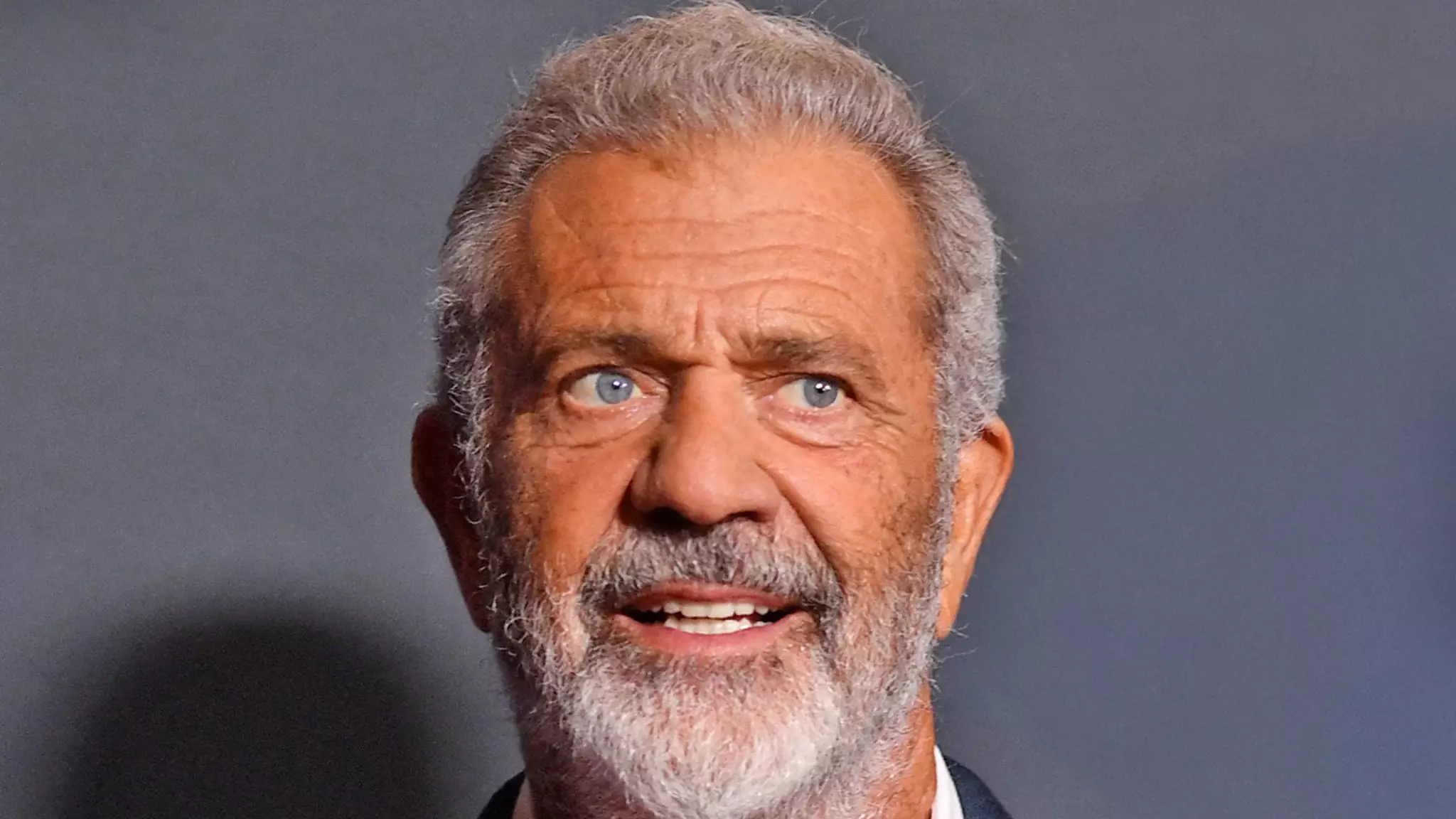In a striking revelation about workplace ethics and the political complexities within U.S. governmental offices, Elizabeth G. Oyer’s dismissal from her role as a Pardon Attorney highlights the often treacherous waters public servants must navigate. The situation arose when Oyer was asked to add actor Mel Gibson to a list of individuals seeking the restoration of gun rights—an action that stirred significant ethical dilemmas rooted in personal safety and legal history. Oyer’s refusal to back Gibson, who lost his gun rights following a domestic violence conviction in 2011, illuminates how pressing a moral stance can lead to severe professional repercussions.
Political Influence Versus Personal Ethics
The request to reinstate Gibson’s gun rights came amid a broader initiative involving nine other individuals deemed eligible for restoration of their firearm privileges. Oyer’s meticulous approach led her to compile her findings and submit a memo on those individuals, free from the influence of celebrity status or political ties. However, when her superiors insisted on Gibson’s inclusion, the pressure escalated. Oyer’s experience reflects an all-too-common scenario where ethics clash with political motivations, forcing individuals into a corner where they must choose between loyalty to their principles and compliance with higher-ups.
This begs the question: should the powerful and connected be treated differently under the law? Oyer’s insistence that her decision was based solely on safety rather than political ideology serves as a potent reminder of the necessity for integrity in judicial processes. It exposes the dangers that exist when the power dynamics of politics overreach into the realm of public safety.
A Stand Against Compromising Values
Oyer’s resolve to maintain her position in the face of pushback reveals a level of personal integrity that is commendable yet increasingly rare in today’s polarized environment. The efforts made by Deputy Attorney General Todd Blanche’s office to sway her decision by invoking Gibson’s associations and suggesting that recommending his reinstatement would be “smart” exemplifies a manipulation of power that undermines the rule of law. Oyer viewed her role as one of ethical evaluation rather than as a pawn in a political game, and her dismissal raises dire concerns about the integrity of pardon decisions.
Moreover, the abruptness of her termination—escorted out by security just hours after her refusal—offers a glimpse into the often-cutthroat nature of government employment, where principles can be swiftly trampled in the pursuit of greater political narratives. This sudden action not only brings into question the motivations behind her firing but serves as a warning to others in public service about the risks of holding steadfast to one’s values.
The Bigger Picture of Accountability
The ramifications of this incident extend beyond Oyer’s personal narrative; they pose critical questions about accountability within the justice system. If the firing of a public servant for ethical reasons can happen behind closed doors without explanation, what assurance do citizens have of a fair and unbiased legal process? In Oyer’s situation, safety was at stake—an issue that transcends individual cases and resonates with broader implications about societal security. This incident sparks a vital discourse on how the justice system interacts with political agendas and the lengths to which individuals must go to uphold their ethical standards against prevailing pressures.
Ultimately, Oyer’s experience serves as a pivotal case study in the importance of accountability and integrity within governmental roles, urging a collective reevaluation of ethics in public service.

Leave a Reply